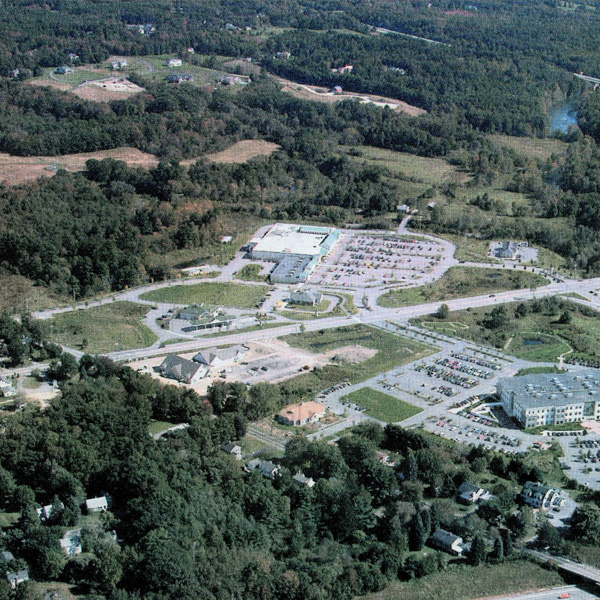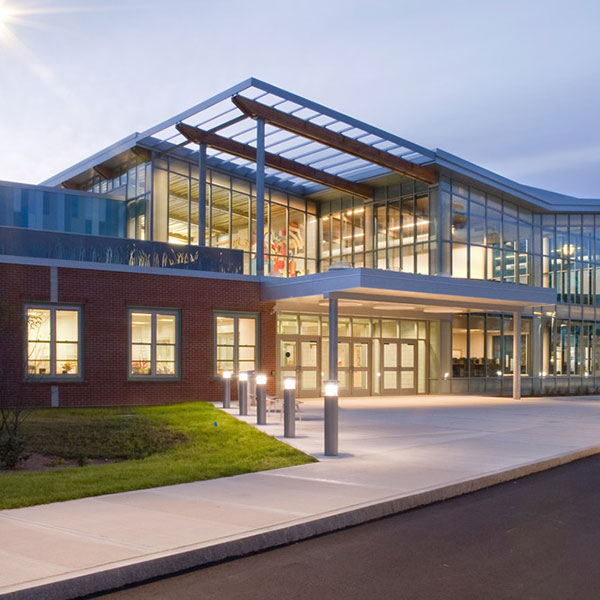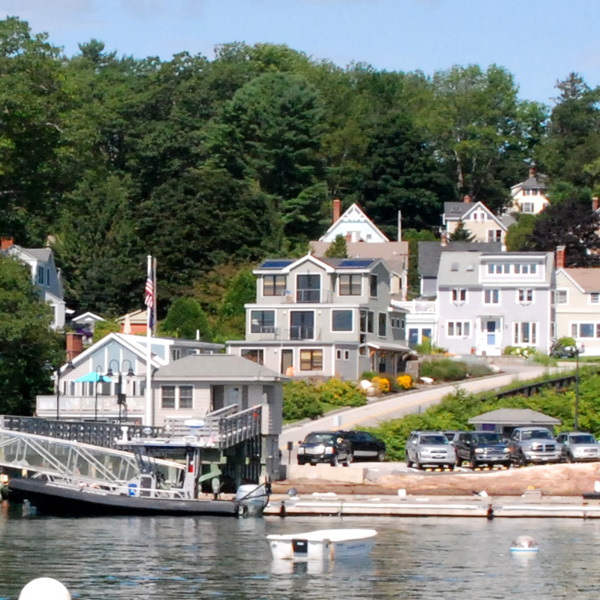Falmouth’s Vision and Values Community Vision project will ascertain the preferred future for the community built on resident input over the course of this year. Balancing the costs and benefits of future decisions will play a critical part of the visioning process and residents will explore the impacts of intended and unintended consequences.




8 Comments
Based on actual sales prices for Falmouth over the last two years, the current property values are far short of “full valuation”. Hopefully, we can achieve an honest value for our homes based on the current revaluation project. We need to be very careful when comparing mil rates from town to town as different towns use different percentages of the full value in their calculations.
Everyone wants lower taxes but they also realize that we have to pay for the services we use. Keep the currently level of services and do not expand them.
I wholeheartedly agree with Lee that it would be good to get an honest value of all the property in Falmouth through the current revaluation project since things are definitely off after all the changes in the real estate market over the last few years. He is right that mil rates do vary a lot, which can skew comparisons.
Another way that we can address cost of living concerns fixed income and retirement-age residents may have is by promoting more non-residential growth along the Rt. 1 and Rt. 100. The town has committed tens of millions in the last decade to building out infrastructure on those corridors and sensible commercial development there would add limited burdens to the town while building up a commercial tax base that could lessen the tax load on Falmouth residents.
I also agree with James that keeping a close eye on our current level of services is a great idea. We should be thinking about what services we take on as well as what infrastructure we take on. The town staff and town council have, in my opinion, done a nice job of this in the past and I hope they continue to view increased services and infrastructure (including taking ownership of private roads) with a strong cost/benefit analysis in mind.
Actually, the best tax event for Falmouth is the construction of a sizable home in Farm and Forest zoning where there is neither water nor sewer available. If the occupants are empty nesters, the town needs only to provide trash collection and fire and police protection. As far as the Town permitting their road to go public, don’t worry, it is not going to happen. The occupant of that home has paid for the roads, water, sidewalks and sewer. The town will never have to repair the road nor plow it in the winter.
At the other end of the spectrum, a couple with two kids living in an apartment on Route 1 has all of the town’s amenities including their kid’s education at only a fraction of the tax paid by the couple in Farm and Forest. The strong push for packing residents into Falmouth at low tax rates benefits only the developers, not Falmouth.
Lee, while this is the right exercise, I think the assumptions in reality are quite the opposite and would provide more tax fairness. Families with children would likely prefer a large house in the Farm and Forest area, while empty nesters would prefer an apartment at walkable distance from amenities. This last point point would be the real boon for real estate since (a) development for senior residents would occur and (b) a market for empty larger family houses would open as those senior citizens can downsize without leaving town.
Thank you to everyone who participated in the focus group on this important topic last night. Let’s keep the conversation going.
I think Lee brings up an excellent ‘fork in the road’ discussion point above around the cost-benefit analysis around different types of development and the needs to run the numbers! I agree that if the cul-de-sacs remain private, then single family homes may be break even for the town (although they are still odds on going to add more kids to the schools). That said, if roads are public and the town is responsible for them, the calculus likely changes sharply. Here’s a good discussion of costs/benefits of development and how we might evaluate it:
https://www.strongtowns.org/journal/2021/2/27/should-we-do-this-project-a-strong-towns-answer
Also, apartments along Rt. 1 don’t necessarily have to be 3 and 4 bedroom apartments for families. They could be studio – 2 bedroom apartments that appeal for to empty-nesters, 20-somethings, or middle-aged folks without kids. Those would almost certainly be a net gain in value for the town since the road infrastructure is there regardless and they wouldn’t be as much of a burden on schools.
There are a lot of ways to manage growth in Falmouth while controlling cost of living – I just hope that – like Lee proposes – we use the numbers and data to guide our master planning process, what projects get approved in the future, and how the town decides to deal with private streets.